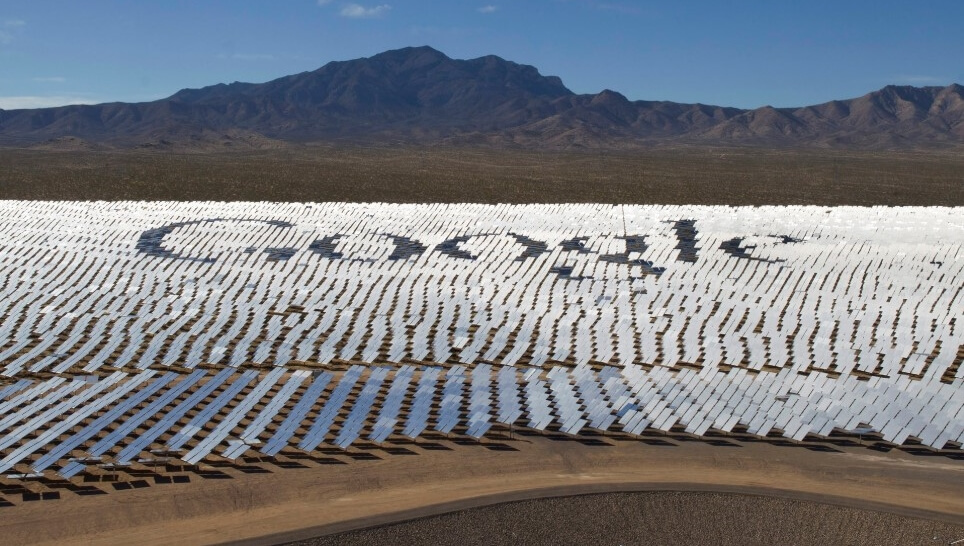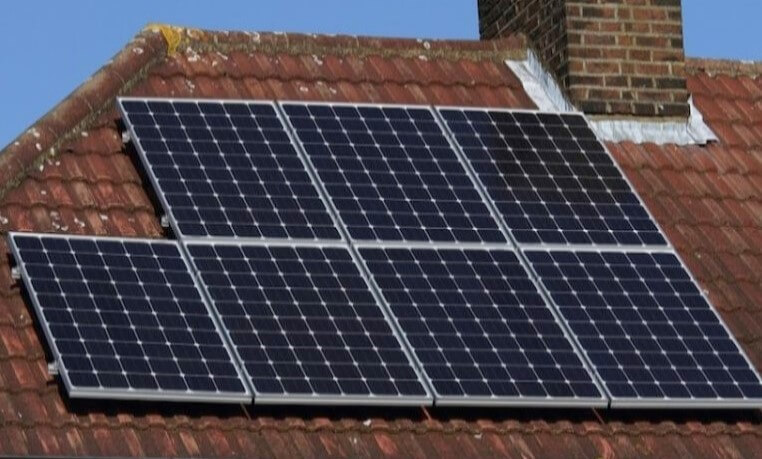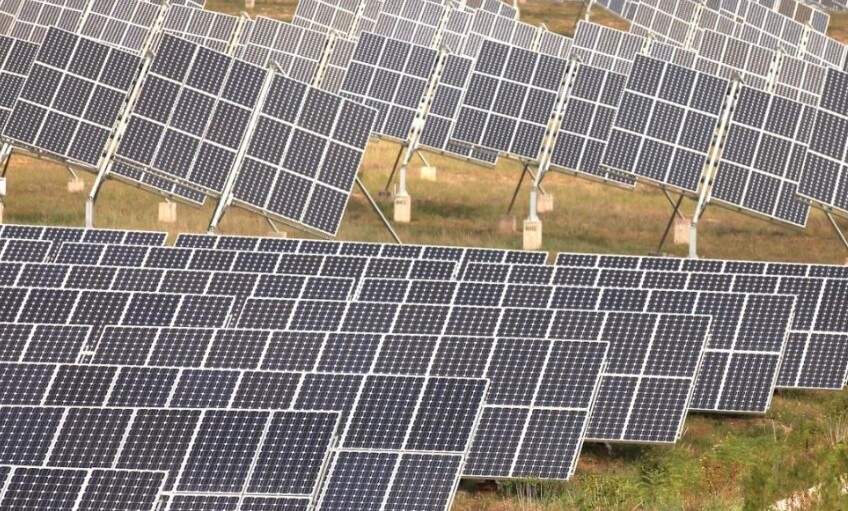Sustainability Programs and Green Polices
When the world was running on plentiful supplies of coal, oil was being found on new sites and gas easily transported, and it seemed like the world’s resources would last for eternity, there to help businesses grow. A few decades later, the facts are rather different. The focus is now on finding sustainable ways to grow that protect the planet and its remaining resources. There are now fewer companies that spew pollutants into the air, land or seas and more that operate a sustainable green policy that uses renewable energies. Here are a few:

Google's Green Iniative
Google continues to expand its cloud computing operations in the US, investing in solar power to provide renewable energy to support its data centres. Google is due to buy the output of several new solar farms generating 413 megawatts of power from 1.6 million solar panels, in the biggest solar parks Google have built to date. Google's Sustainability investment in renewable energy to power its data centres, has seen nearly USD5 billion invested in global renewable energy. The investment will also provide employment to hundreds of workers in the region, payments to property owners via long-term leases.

Sustainability - Paddy Power/ Betfair plc
Paddy Power and Betfair have a sustainability programme for businesses to reduce emissions. Their carbon footprint is mostly due to electricity consumption and air travel. In 2017 the companies moved all 352 shops onto renewable electricity tariffs, and office facilities include adequate window glazing; efficient heating/cooling systems, which only operate when our customers/staff are on the premises; and motion sensors and LED lighting panels. Flight emissions are offset by funding reforestation projects, verified by the Verified Carbon Standard and the Climate Community and Biodiversity.

Amazon Wind Farm but not only
Amazon has initiatives to reduce the environmental impact of its business. It has invested in several sustainability initiatives - improving municipal recycling programmes in the US to deal with the massive amount of packing materials it sends out daily. Another one is solar energy project in the UK that will install 20 megawatts of solar panels to help power fulfilment centres across the country. Amazon has also committed to purchasing enough green energy certificates to ensure 100 percent of all buildings in the UK are offset by renewable sources such as solar and wind.
Amazon lags far behind the other members of the “Big Five” corporations. Apple, Google, Facebook, and Microsoft have been working toward a 100 percent renewable commitment, which involves making global operations carbon neutral through investments in reviewable energy and the purchasing of green energy certificates to offset grid usage for more than a decade. Apple and Google achieved this in 2018, and Facebook pledges to be 100 percent renewable by 2020, while Microsoft has been carbon neutral for years. Amazon is only 50 percent of the way to achieving carbon neutrality, though the obstacles they face are much bigger than the other companies.

IKEA - Wood from Sustainable Foresters
Paddy Power and Betfair have a sustainability programme for businesses to reduce emissions. Their carbon footprint is mostly due to electricity consumption and air travel. In 2017 the companies moved all 352 shops onto renewable electricity tariffs, and office facilities include adequate window glazing; efficient heating/cooling systems, which only operate when our customers/staff are on the premises; and motion sensors and LED lighting panels. Flight emissions are offset by funding reforestation projects, verified by the Verified Carbon Standard and the Climate Community and Biodiversity.






